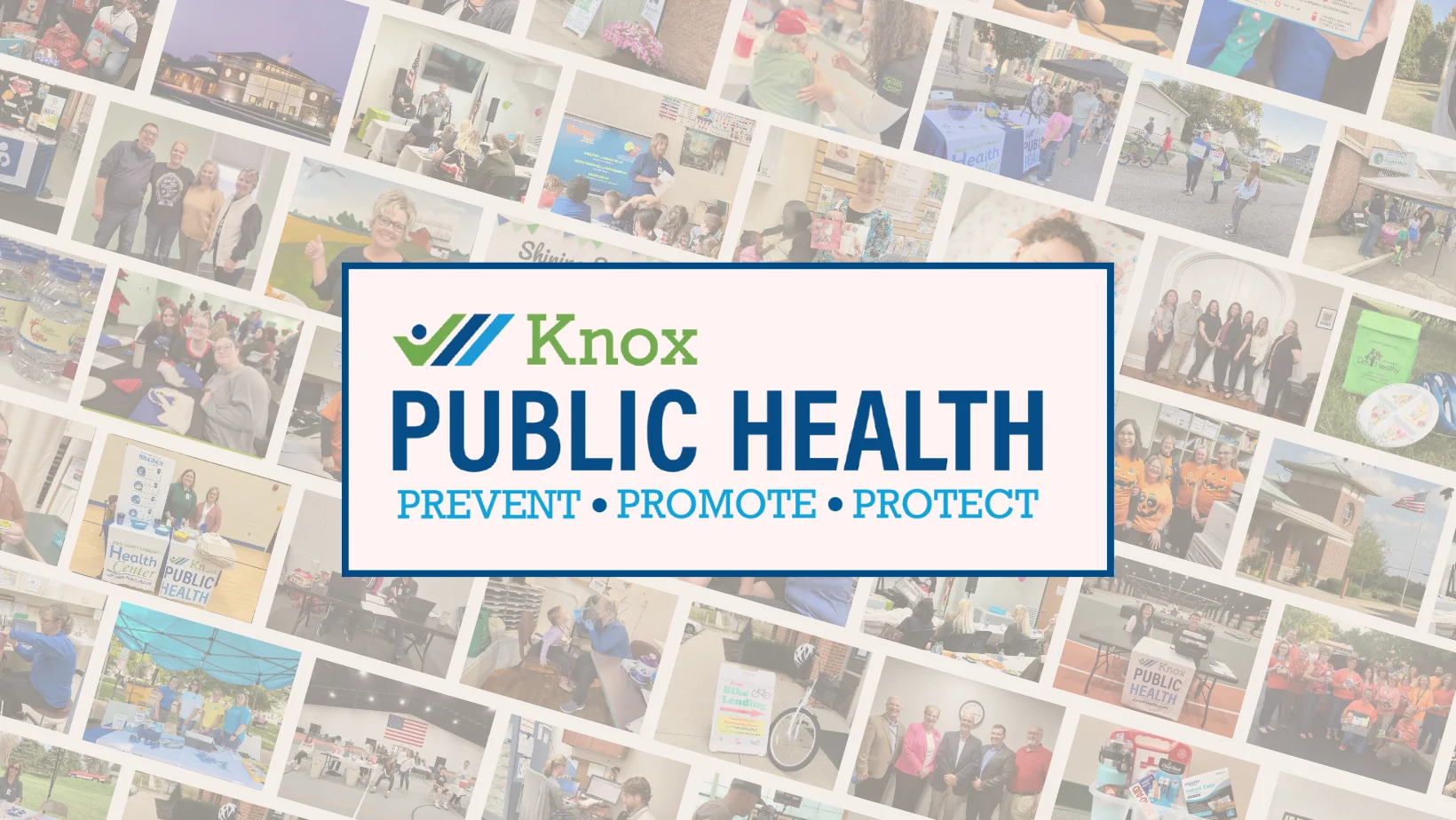A common children's virus that causes sores in the mouth and a rash on the hands and feet is making the rounds in Knox County. According to Knox Public Health, several school districts in the county have reported cases of hand, foot, and mouth disease.
“It usually starts with a fever, reduced appetite, sore throat, and a general feeling of being unwell,” said Lisa Dudgeon, RN, director of nursing at Knox Public Health. “One or two days after the fever starts, painful sores can develop in the mouth. They usually begin as small red spots, often in the back of the mouth, that blister and can become painful.”
A skin rash on the palms of the hands and soles of the feet may also develop over one or two days as flat, red spots, sometimes with blisters. It may also appear on the mouth, knees, elbows, buttocks, or genital area.
Some people, especially young children, may get dehydrated if they are not able to swallow enough liquids because of painful mouth sores.
“You should seek medical care in these cases,” Dudgeon said.
Hand, foot, and mouth disease is a very contagious disease. Infected people can spread it to others when they cough or sneeze.
“You can also get hand, foot, and mouth disease if you come into contact with an infected person’s blister fluid or feces,” Dudgeon said.
To lower your risk of being infected, Dudgeon advises washing your hands often with soap and water for at least 20 seconds; disinfecting dirty surfaces and soiled items, including toys; and avoiding close contact such as kissing, hugging, or sharing eating utensils or cups with infected individuals.
Hand, foot, and mouth disease is most common in children in child care settings because of frequent diaper changes and potty training, and because little children often put their hands in their mouths. While the disease usually affects infants and children younger than 5 years old, it can sometimes occur in older children which is the case locally. The disease can also occur in adults.
Generally, a person with hand, foot, and mouth disease is most contagious during the first week of illness.
“Your child should stay home while they are sick with hand, foot, and mouth disease,” Dudgeon said. “Talk with your healthcare provider if you are not sure when you should return to work or school. The same applies to children returning to daycare.”
Hand, foot, and mouth disease is most commonly caused by a coxsackievirus. Individual cases and outbreaks of hand, foot, and mouth disease occur around the world. Cases can occur anytime, but in countries like the United States with varying climates, cases occur more often in the spring to fall.
Hand, foot, and mouth disease isn't related to foot and mouth disease (sometimes called hoof-and-mouth disease), which is an infectious viral disease found in farm animals. You can't contract hand, foot, and mouth disease from pets or other animals, and you can't transmit it to them.
For more information, please contact Knox Public Health’s Communicable Disease Nurse at 740-392-2200 Ext 2238.
To learn more about Knox Public Health, visit KnoxHealth.com. To stay up to date on public health topics, follow Knox Public Health on Facebook, Instagram or X.







